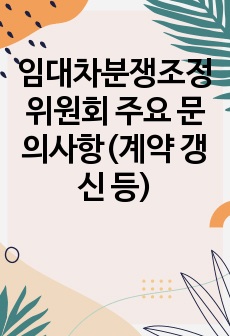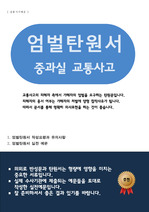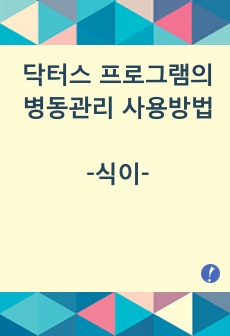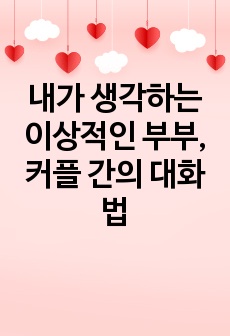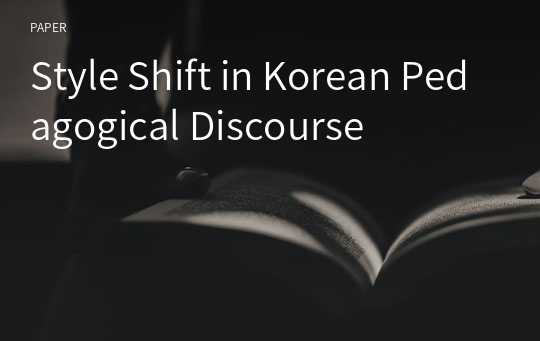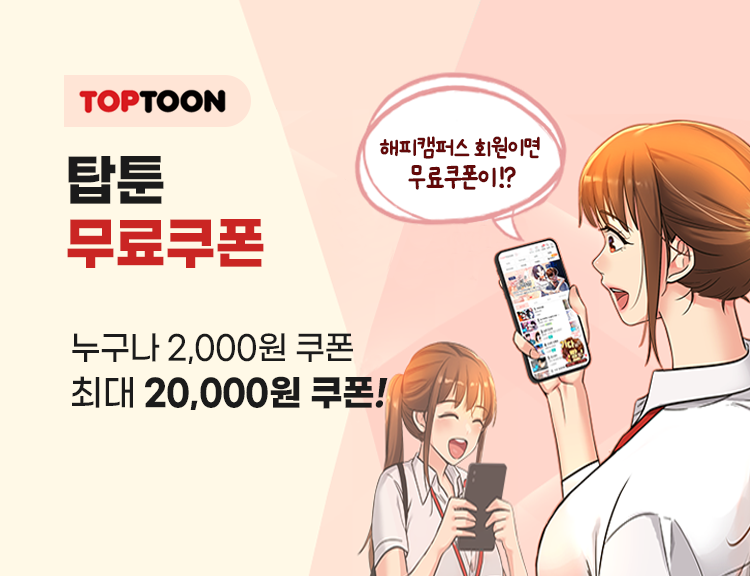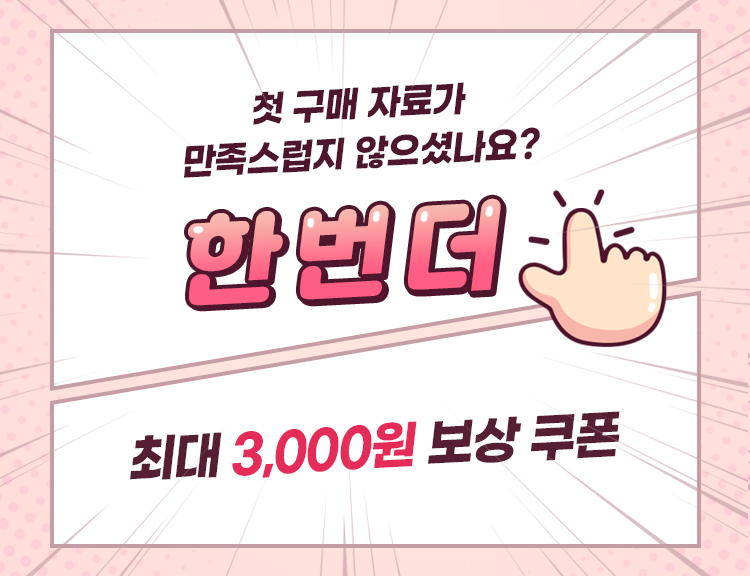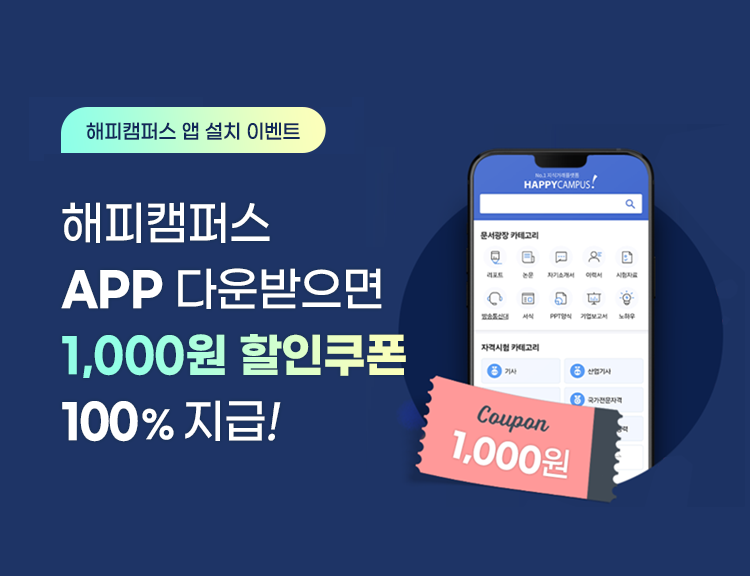Style Shift in Korean Pedagogical Discourse
(주)코리아스칼라
- 최초 등록일
- 2023.04.05
- 최종 저작일
- 2007.12
- 29페이지/
 어도비 PDF
어도비 PDF
- 가격 6,900원

* 본 문서는 배포용으로 복사 및 편집이 불가합니다.
서지정보
ㆍ발행기관 : 한국사회언어학회
ㆍ수록지정보 : 사회언어학 / 15권 / 2호
ㆍ저자명 : Kyu-hyun Kim, Kyung-Hee Suh
목차
Abstract
Ⅰ. Introduction
Ⅱ. Speech Styles in Korean
Ⅲ. Shift between Informal Polite Form and Informal Non-Polite Form in Teacher's Talk
Ⅳ. Formal Polite Form in Teacher's Talk: Expressing Instructional Focus
Ⅴ. Formal Polite Form in Students' Talk: Reporting in Monologic Form
Ⅵ. Conclusions
References
Appendix
영어 초록
In Korean pedagogical discourse involving young learners, boundaries in pedagogical activities are signaled by the teacher’s style shift that utilizes a range of sentence-ending suffixes that index different degrees of formality and politeness. The shift from the use of the informal polite form -(e)yo to the use of the informal non-polite form -a/e in teacher's talk is contextually motivated by the need to address contingencies associated with a range of classroom management tasks of dealing with individual students, e.g., matters related to disciplining, advising, encouraging, etc. The shift to the formal style characterized by the formal polite forms -(su)pnita/-(su)pnikka takes place in the context where the teacher highlights his/her instructional focus, explicates subject-related knowledge, and/or marks a boundary in pedagogical activities. In young learners' talk in class, the formal style is used when they make a report or presentation related to group activities or produce a response whose upshot draws upon the textbook content, often in the context of reciprocating the formality indexed by the teacher's subject-related questions. Young learners' use of the formal style tends to be limited to a single-shot response, which constrains the extent to which they can sustain participation in subject-related classroom activities. The findings suggest that young learners could benefit from being allowed to use the informal style more freely in dealing with at least some 'formal' aspects of the way subject knowledge is organized in class.
참고 자료
없음










